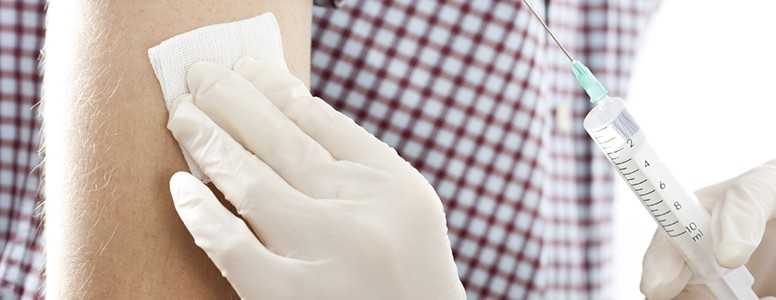New research finds that older adults with type 2 diabetes who received the influenza vaccine had a similar antibody response to those without diabetes.
Janet E. McElhaney, MD, of the Advanced Medical Research Institute of Canada, and colleagues investigated this antibody response because older people with type 2 diabetes are more susceptible to influenza. They reported, however, that vaccination is not always effective in older people, or those with type 2.
Data was analysed from 102 adults with type 2 diabetes aged 65 or older. This was compared to 119 healthy adults aged 65 or older. The type 2 participants were either treated with metformin, sulfonylurea or repaglinide.
All participants received the standard dose of influenza vaccine between 2010 and 2012, with blood samples collected before vaccination and 28 days afterwards. Hemagglutination inhibition assays (HIA), which quantify the relative concentrations of viruses, were used to measure the immunogenicity of the vaccine. Participants also completed a six-minute walk and grip strength test to assess physical activity and clinical frailty score.
The HIA ratio did not differ between the groups after 28 days, and seroconversion rates, which are considered to protect against vaccinatio, were equally low in both cohorts.
The researchers also observed that those with well-controlled type 2 diabetes were more likely to respond positively to the influenza vaccine. This was due to a negative association in the type 2 group between HIA and LDL (low density lipoprotein, often referred to as the “bad” cholesterol), glucose and waist circumference.
The authors wrote: “This suggests that the control of [type 2 diabetes], such as glucose and the metabolic-related parameters, positively influence the response to influenza vaccination. These results ultimately suggest that better diabetic control and less frailty may prevent hyporesponsiveness.
“Our data strongly suggest that influenza vaccine should be administered to elderly patients with T2DM; however, the immune determinants of the antibody response to influenza vaccination should be further investigated.”
The study was published in the journal BMJ Open Diabetes Research and Care.
What's new on the forum? ⭐️
Get our free newsletters
Stay up to date with the latest news, research and breakthroughs.




